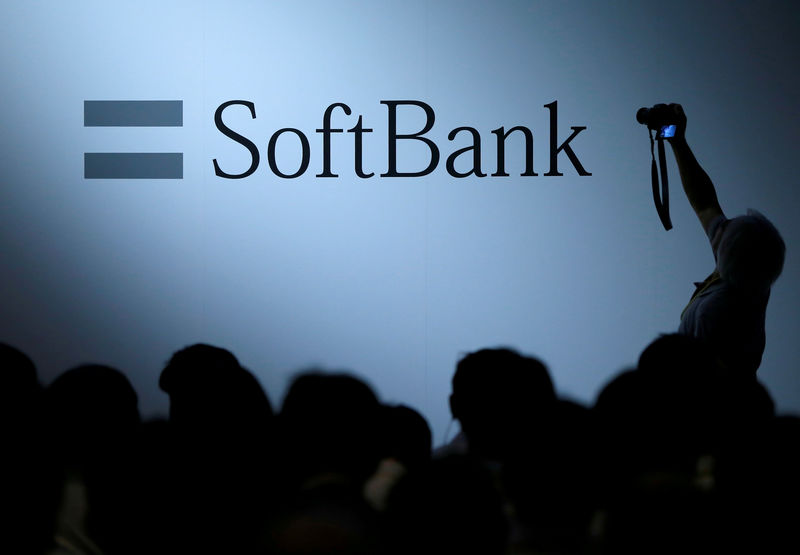This post was originally published on this site
https://i-invdn-com.akamaized.net/trkd-images/LYNXMPEFA61PU_L.jpg
By Carolina Mandl
SAO PAULO (Reuters) – Brazilian mid-sized lender Banco Inter SA (SA:) on Thursday launched a smartphone app offering clients direct access to more than 60 stores selling products from appliances to sneakers to beauty products.
The launch marks Banco Inter’s latest move beyond its existing free checking accounts to lure more clients and increase profitability by becoming a one-stop shop for everything.
Among its retail partners are Alibaba’s (N:) AliExpress, Lojas Americanas SA (SA:), Natura Cosmeticos SA (SA:), Nike Inc (N:), Carrefour (PA:) Brasil (SA:) and HP Inc (N:).
Chief Executive Joao Vitor Menin said in an interview with Reuters that he expects the so-called super app to help the bank attract new clients, either at a faster pace or at a lower cost.
Menin said the bank could reach roughly 8 million clients by December 2020, more than double its current 3.3 million consumers.
The lender, in which SoftBank Group Corp (T:) bought a 14.9% stake earlier this year, will share a portion of commissions from the third-party vendors on the app with its clients in the form of cash-back rebates. The commissions will also provide the bank a new revenue stream.
Some analysts still doubt whether such multi-function apps, widely used in China and elsewhere in Asia, will catch on in Latin America’s largest economy.
“A bank’s app is one that people use more recurrently,” he said. “So we believe clients will buy products and services through Inter’s app. It will prove to be easier.”
Banco Inter posted on Wednesday a 38.1% drop in third-quarter net income from a year earlier, to 11.8 million reais, as expenses rose at a faster pace than revenues
Fusion Media or anyone involved with Fusion Media will not accept any liability for loss or damage as a result of reliance on the information including data, quotes, charts and buy/sell signals contained within this website. Please be fully informed regarding the risks and costs associated with trading the financial markets, it is one of the riskiest investment forms possible.

